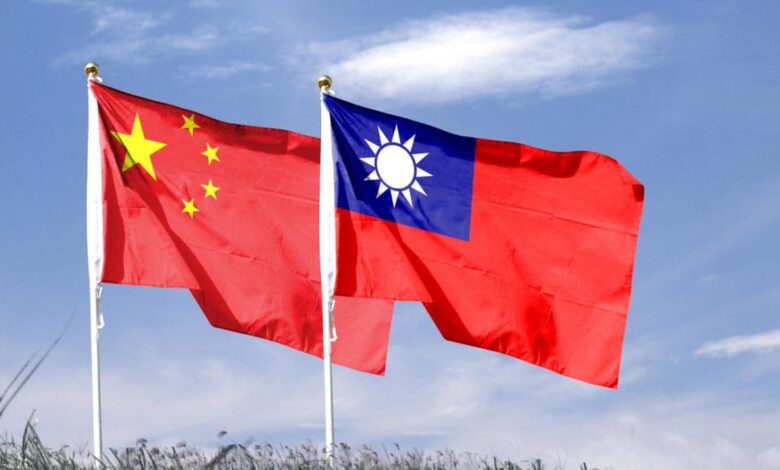Taiwan and China: Different views across the strait

KINMEN, Taiwan: Standing on the shore of Taiwan’s Kinmen island, Taiwanese tourists snap photos of the skyline of China’s Xiamen city that is clearly visible across the sliver of water separating them.
For the best view of Xiamen’s skyscrapers, visitors stand on a beach where anti-landing spikes jut out – a reminder of when the island was a battlefield front line after Chinese nationalists fled to Taiwan in 1949.
More than 70 years later, China’s communist leaders still vow to seize democratic Taiwan, which Beijing views as part of its territory.
Taipei-administered Kinmen is only 5km from the Chinese mainland, compared to 200km from Taiwan island.
As Taiwan’s president-elect Lai Ching-te, a staunch defender of Taiwan’s sovereignty, prepares to take office on Monday (May 20), Taiwanese visitors to Kinmen hope he can avoid a conflict.
“We don’t ask for much, but we hope we can have a peaceful relationship,” said Huang Yueh-yi, 78, on Saturday as she visited a market on the tiny island famed for its temples and traditional brick houses.
“You live your life and we’ll live ours, it’s good for both sides and don’t go towards war,” she said.
As the rift between China and Taiwan deepens, Beijing has been increasing military pressure on Taipei by regularly deploying fighter jets, naval ships and drones around the self-ruled island.
In recent months, Chinese coast guard ships have also started making frequent appearances in the waters near Kinmen.
Lai – who has previously described himself as a “pragmatic worker for independence”, enraging Beijing – has more recently toned down his rhetoric.
In the run-up to his inauguration, he has made overtures to China for a resumption of high-level communications, which Beijing severed after current President Tsai Ing-wen came to office in 2016.
Chuang Cheng-tin, a construction worker from the central Taiwan city of Taichung, said it would be better for Taipei to “keep some distance” from Beijing.
“We have different systems so there would be conflicts if we were too close,” Chuang told AFP as he wandered Kinmen’s historic streets.
“We can’t yield … otherwise we will be taken by them. We should keep a distance, be armed, so we can have a counterbalance against them.”

